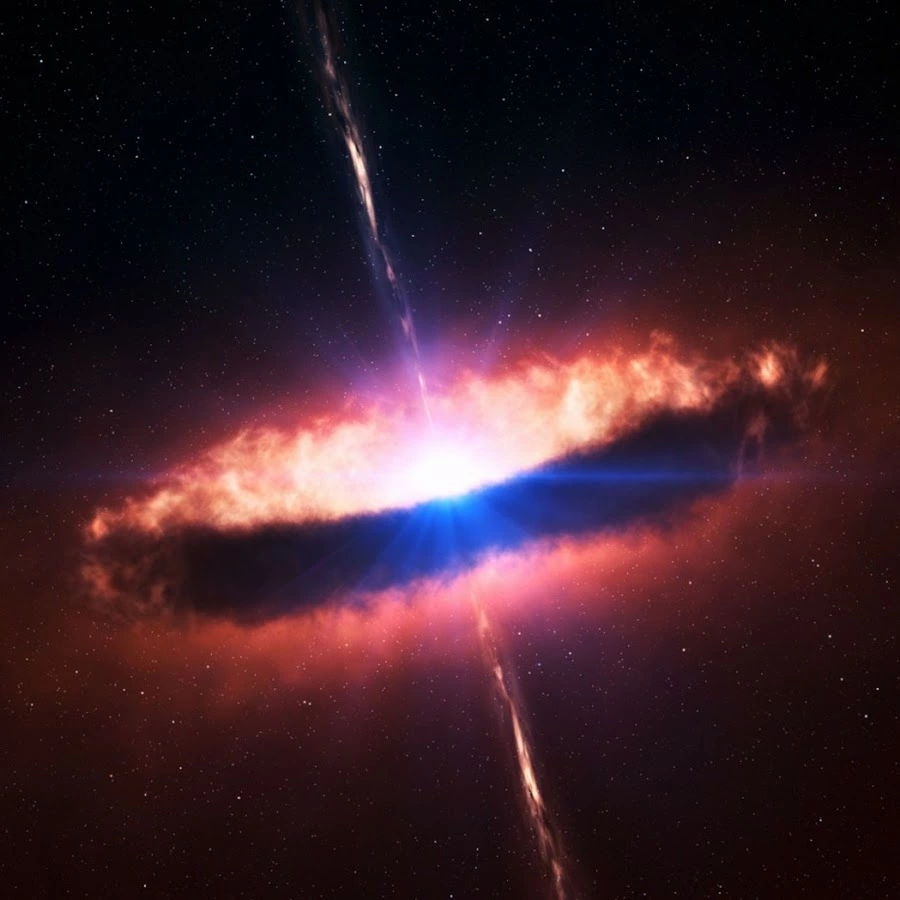I’ve read that at the center of large celestial bodies there’s zero gravity (or close to). While confirmation would be nice, if true, I’m wondering how large that area can actually be and moreover, does it scale up with more mass and/or even size - that is, does the sun have a larger center area of low (zero?) gravity than the earth and so on with evermore mass. Or is that area the same regardless of mass’ size?
Thank you


Inside a sphere of constant density, gravity is linearly related to distance from the center.
So for example the Earth has a radius of ~4000 miles. Assuming it has constant density, a 200 pound man would be weightless at its center, weigh 0.2 pounds at 4 miles from the center, weigh 2 pounds at 40 miles from the center, weigh 100 pounds at halfway to the surface, and so on.
So for the Sun, taking its density/pressure into account, will the same gravity gradient exist but on a much larger scale?
Thank you
A linear relationship would exist if the sun were uniform in density, but it isn’t.
Though there is still a nonlinear change in gravity as you approach the center of the sun.
So the larger the star, given that most (or all) aren’t uniform, there will come a gradient of gravity at its center that one can’t even call it low gravity - it’s heavy material is simply churning too much for their to be a stable center of gravity?
I think the best way to visualize it is that when you are inside a star, you are effectively “standing” on a smaller star. Everything behind you can theoretically be ignored. When you are very close to the center, you are standing on a very tiny star.
So instead of the hole density from one side to the other, I only have the density from the center to its surface, am I understanding that correctly?
I’m not sure what you mean by “surface”.
Imagine you are standing on the surface of Earth, and you weighed 200 pounds.
Now imagine Earth were magically transported to the center of the sun, completely replacing an equal volume of solar core. Inside the very middle of the sun, standing on planet earth, you would still weigh 200 pounds. The gravity of all the solar mass surrounding the Earth would cancel out.
If you traveled upwards, to the surface of the sun, your weight would increase. At the sun’s surface, you would weigh 5400 pounds.